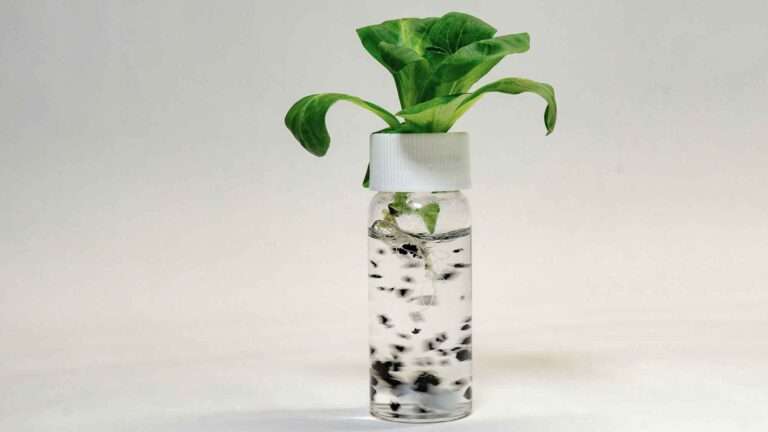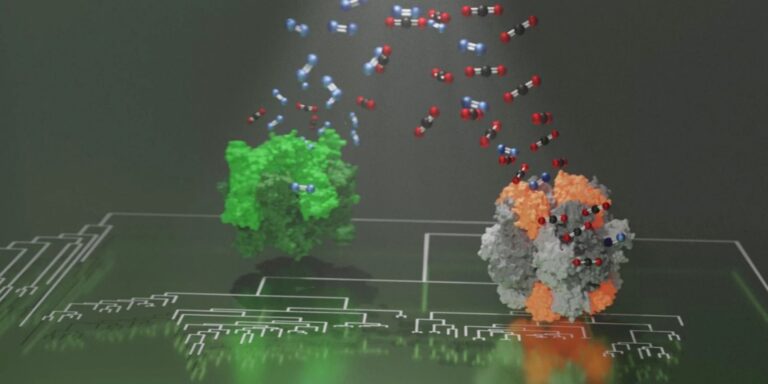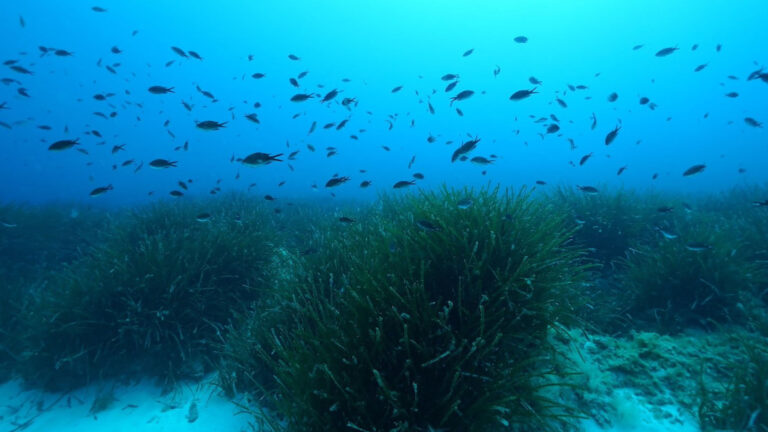
Lettuces Absorb Toxins Released From Tyre Wear, Says Study
A new scientific study has shown that highly toxic chemicals from tyre wear get absorbed by lettuces through sewage sludge and waste water. Researchers at the Centre for Microbiology and…

A new scientific study has shown that highly toxic chemicals from tyre wear get absorbed by lettuces through sewage sludge and waste water. Researchers at the Centre for Microbiology and…

German scientists have deciphered one of the key adaptations of early photosynthesis by reconstructing billion-year-old enzymes. Using various methods, the research team from the Max Planck Institute (MPI) for Terrestrial…
Three gorillas have tested positive for COVID-19 at a Spanish zoo. It is not the first case of gorillas being infected, following reports last year that multiple gorillas at a…

Worldwide seaweeds are saving the equivalent of carbon dioxide emitted by more than 300,000 cars each year, according to new research - which also shows that the amount of sugar…